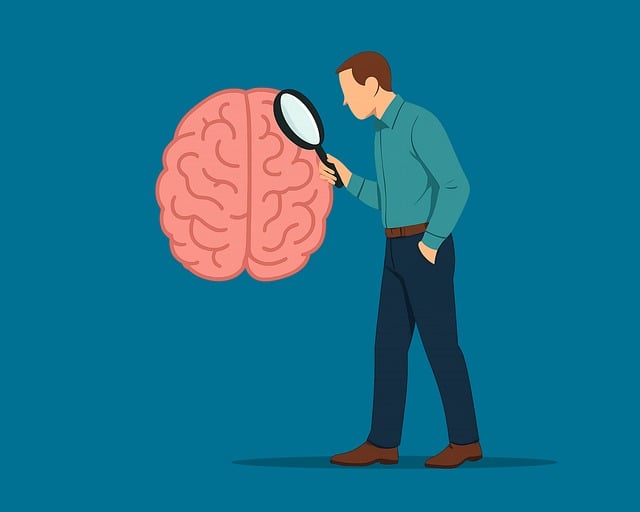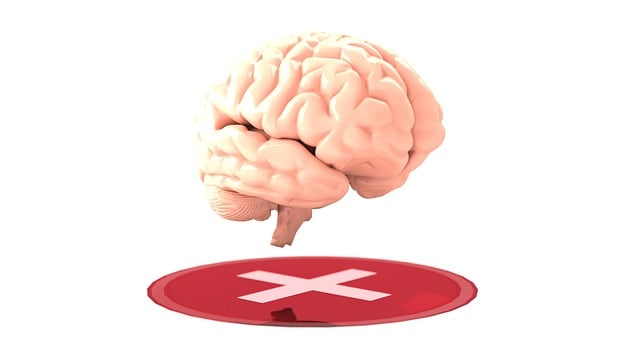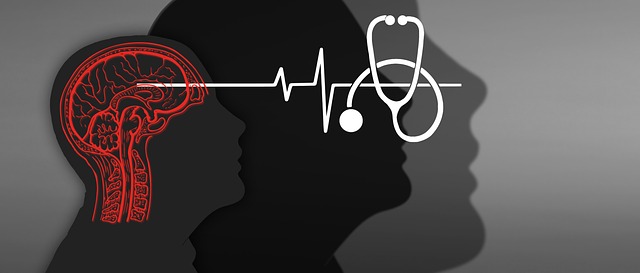Comprehensive assessments using Longmont Major Life Transitions Therapy improve mental illness diagnoses by integrating psychological, social, and environmental factors. This holistic approach enhances accuracy, reduces misdiagnosis, and empowers individuals to cope with life's challenges. By exploring personal histories and implementing tailored interventions, the therapy improves diagnosis and treatment outcomes, fostering emotional well-being and long-term mental wellness.
Mental illness diagnosis accuracy is a critical aspect of effective treatment and recovery. Efforts to enhance diagnostic reliability have become increasingly important, especially with the complexity of modern mental health challenges. This article explores strategies aimed at improving assessment practices, such as comprehensive evaluations, tailored approaches for diverse populations, and continuous professional development. By integrating these methods, healthcare providers in Longmont Major Life Transitions Therapy can ensure more accurate diagnoses, leading to personalized treatment plans that meet individual needs.
- The Role of Comprehensive Assessments in Enhancing Diagnosis Accuracy
- – Exploring the need for detailed evaluation methods
- – Integrating various assessment tools and techniques
The Role of Comprehensive Assessments in Enhancing Diagnosis Accuracy

Comprehensive assessments are instrumental in enhancing the accuracy of mental illness diagnoses. Going beyond standard diagnostic tools, these evaluations incorporate a multifaceted approach, considering an individual’s psychological, social, and environmental factors. By delving into personal histories, relationships, and life transitions—such as those facilitated by Longmont Major Life Transitions Therapy—mental health professionals gain deeper insights into symptoms’ origins and complexities. This holistic perspective is crucial for making precise diagnoses, tailoring treatments accordingly, and implementing effective Risk Management Planning for Mental Health Professionals.
Moreover, comprehensive assessments foster resilience building and stress management techniques that are integral to long-term mental wellness. They empower individuals with coping mechanisms to navigate life’s challenges more effectively, reducing the likelihood of exacerbating pre-existing conditions. By integrating these strategies into treatment plans, professionals contribute to a more robust and nuanced approach to mental health care, ultimately improving diagnosis accuracy and patient outcomes.
– Exploring the need for detailed evaluation methods

Diagnosing mental illness accurately is paramount for effective treatment and recovery. Traditional methods often rely on self-reported symptoms and clinical interviews, which can be subjective and lead to misdiagnosis, especially when dealing with complex cases or subtle changes in an individual’s emotional state. This is where detailed evaluation methods come into play as a crucial tool in the mental health profession. By incorporating comprehensive assessments that go beyond surface-level screenings, healthcare providers can gain deeper insights into a patient’s psychological landscape.
Longmont Major Life Transitions Therapy and similar therapeutic approaches emphasize the importance of understanding an individual’s unique experiences and how they influence their mental wellness. This involves delving into personal history, relationships, and environmental factors that might contribute to emotional distress. The development of Mental Wellness Coaching Programs and Emotional Healing Processes benefits from these detailed evaluations, ensuring that interventions are tailored to address specific needs. Such methods not only enhance diagnosis accuracy but also foster more personalized and effective treatment plans, ultimately improving long-term mental wellness outcomes.
– Integrating various assessment tools and techniques

In efforts to enhance mental illness diagnosis accuracy, integrating various assessment tools and techniques has emerged as a key strategy. Longmont Major Life Transitions Therapy, for instance, leverages a multifaceted approach that combines clinical interviews, standardized questionnaires, and advanced psychological assessments. This holistic method allows therapists to gather a comprehensive understanding of an individual’s emotional intelligence, which is crucial in identifying subtle symptoms often overlooked through traditional means alone.
Emotional well-being promotion techniques and mood management strategies play a significant role within this integrated framework. By fostering emotional awareness and coping mechanisms, therapists enable clients to navigate life transitions more effectively, thereby reducing the risk of exacerbating mental health conditions. This strategic integration not only improves diagnostic accuracy but also paves the way for more personalized and effective treatment plans tailored to each individual’s unique needs.
In conclusion, enhancing mental illness diagnosis accuracy through comprehensive assessments is a vital step towards effective treatment. By integrating diverse evaluation methods and tools, such as those offered by Longmont Major Life Transitions Therapy, professionals can navigate the complexities of human experience with greater precision. This approach ensures that individuals receive timely and appropriate care, fostering better outcomes and improved quality of life.














